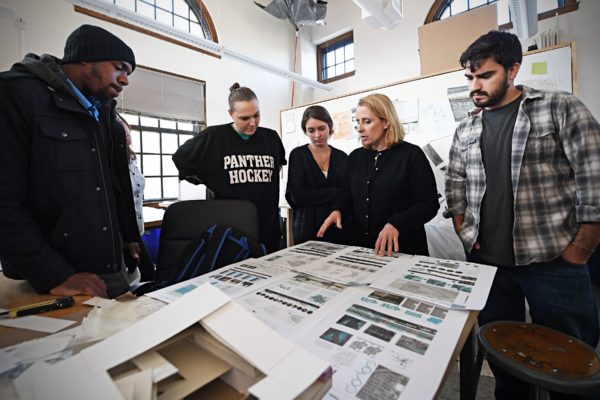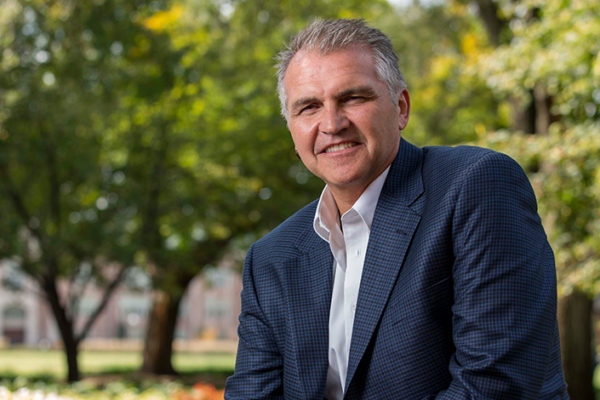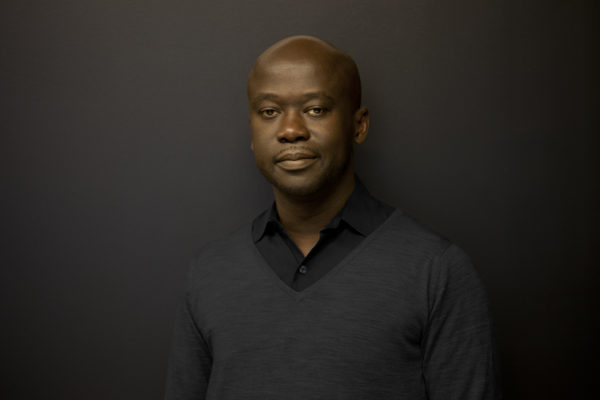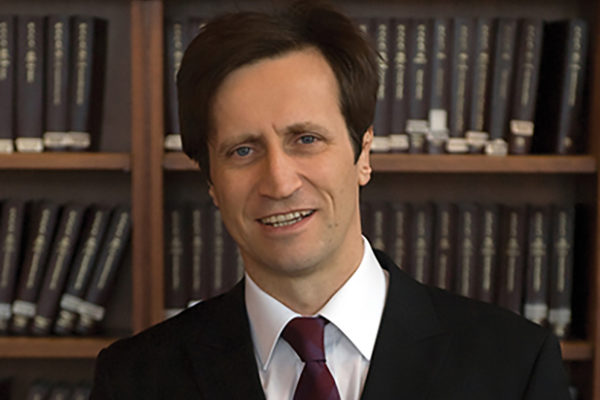Senior housing communities lead to lower level of hospitalization
Over time, older individuals who live in senior housing communities were found to be less likely to have high levels of hospitalization, finds a new study from the Brown School at Washington University in St. Louis.
Washington University partners in five-year $11.6 million NIH grant to study retail tobacco policies across U.S.
Researchers from Washington University in St. Louis, along with University of North Carolina at Chapel Hill and Stanford University, are recipients of a five-year $11.6 million National Institutes of Health multi-institutional grant, Advancing Science & Practice in the Retail Environment (ASPiRE).
Federal dollar allocations to states result in lower infant mortality rates
Increases in federal transfers, money that the federal government sends to states to improve the well being of citizens, are strongly associated with a decrease in infant mortality rates, finds a new study from the Brown School at Washington University in St. Louis.
The Divided City 2022 wins $1 million grant
Over the past four years, The Divided City, an urban humanities initiative at Washington University in St. Louis, has supported dozens of projects exploring the effects of spatial segregation. This fall, the university will launch a second phase, The Divided City 2022, thanks to a $1 million grant from The Andrew W. Mellon Foundation.
The ‘new social work’ is performance-based practice, researcher suggests
Rather than social work practice being based solely on a therapist’s intuition and assumptions, social workers should consider a system of evaluation and measurement based on hard data, suggests a professor of social work at Washington University in St. Louis.
WashU Expert: Threatening the International Criminal Court could further isolate the U.S.
National security adviser John Bolton, a longtime critic of the International Criminal Court, threatened to impose sanctions on court personnel if the court continues with an investigation into alleged U.S. war crimes in Afghanistan. The move could easily backfire, says international war crimes expert Leila Sadat.
WashU Expert: Kaepernick, fans and the corporate megaphone
“Nike is turning towards a younger, more diverse America because they’ve calculated that Trumpian claims about compulsory patriotism and black athletic obedience will not win out,” says Noah Cohan, who studies sports narratives and fandom at Washington University in St. Louis.
Adjaye to receive Washington University International Humanities Prize
British architect Sir David Adjaye, who led design of the Smithsonian National Museum of African American History & Culture, will receive the 2018 International Humanities Prize from Washington University in St. Louis. The $25,000 prize is among the largest U.S. awards in the humanities.
Marketing causes inequality, new book suggests
The dramatic rise of income inequality since 1970 has largely been caused by advances in marketing, says a law professor at Washington University in St. Louis. He is the author of the forthcoming book “Rents: How Marketing Causes Inequality.”
Ancient livestock dung heaps are now African wildlife hotspots
Often viewed as wild, naturally pristine and endangered by human encroachment, some of the African savannah’s most fertile and biologically diverse wildlife hotspots owe their vitality to heaps of dung deposited there over thousands of years by the livestock of wandering herders, suggests new research in the journal Nature.
Older Stories









